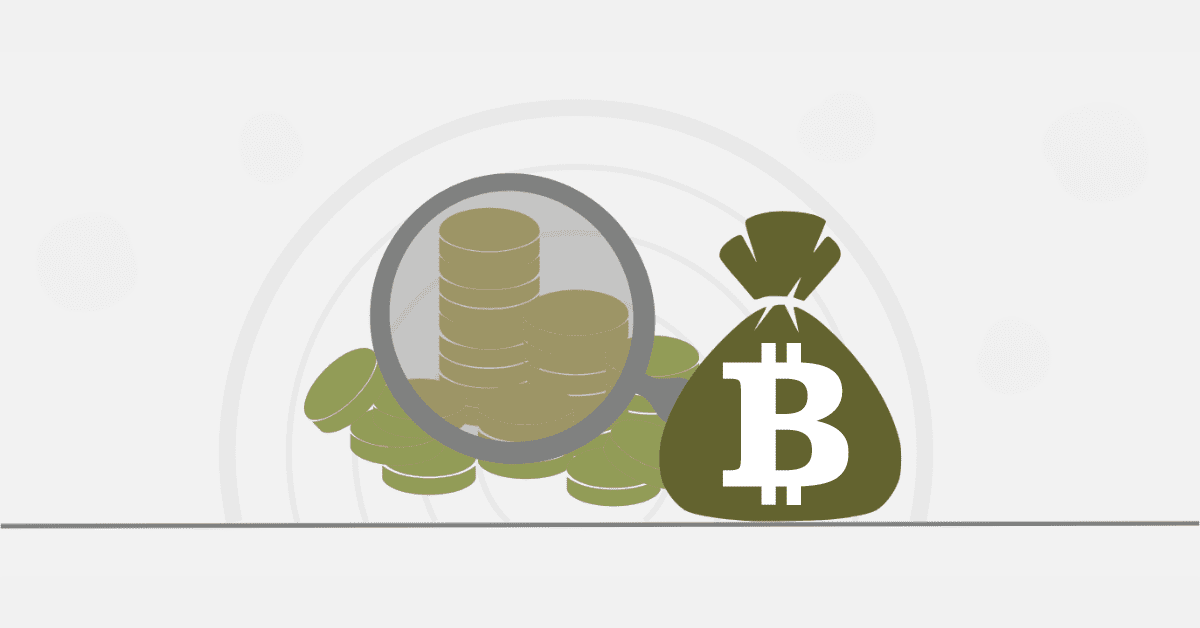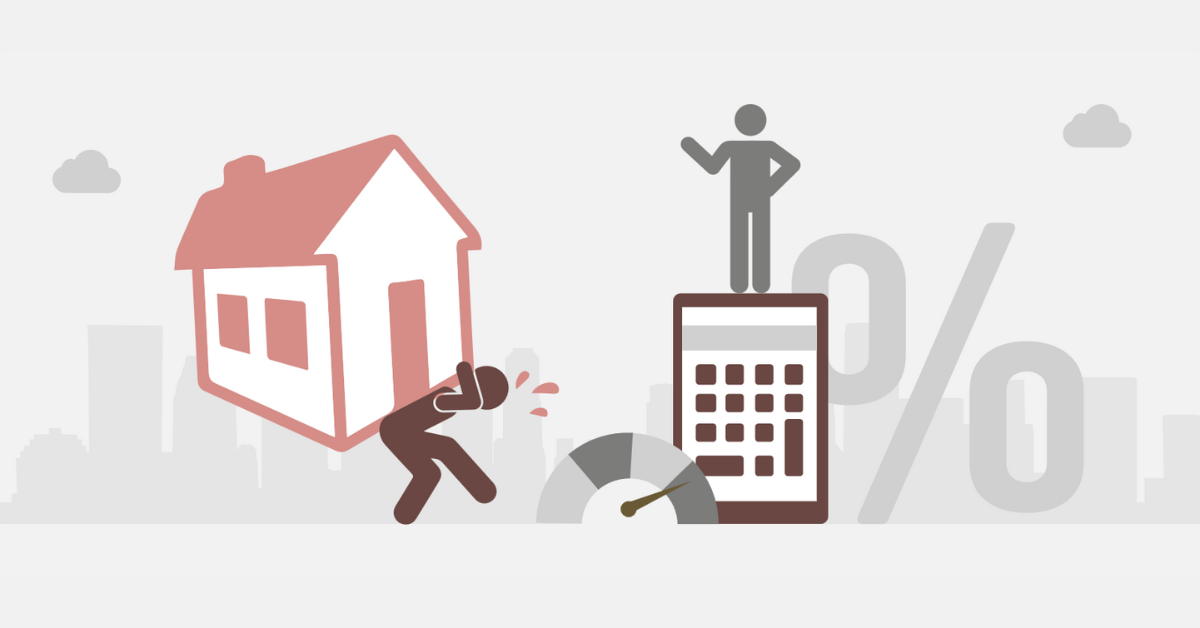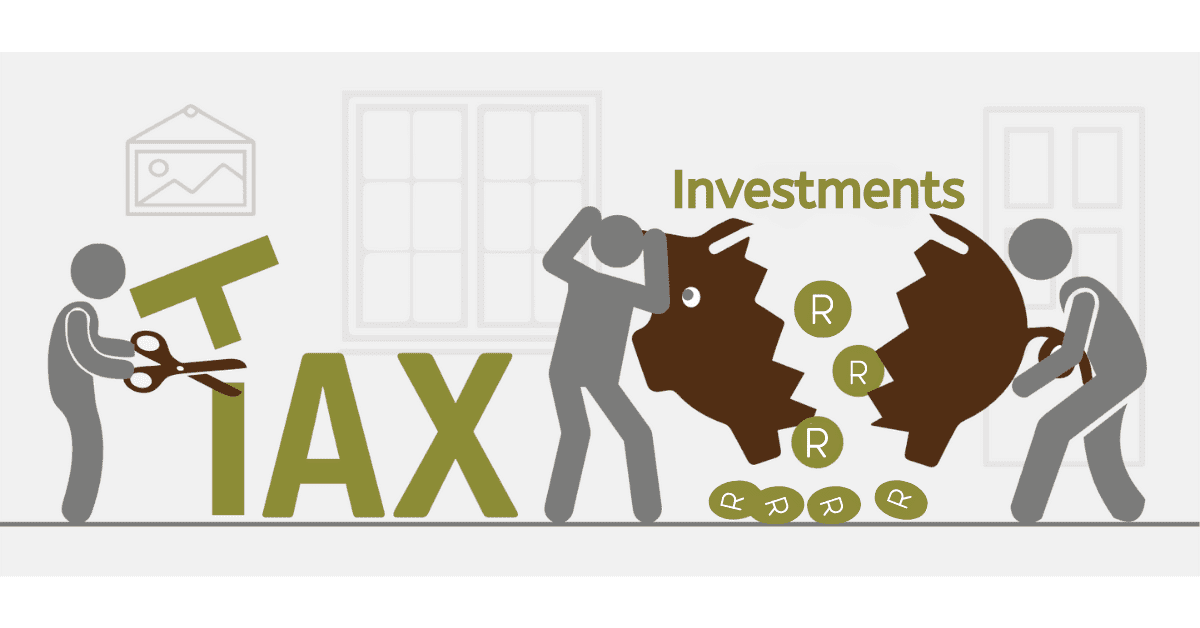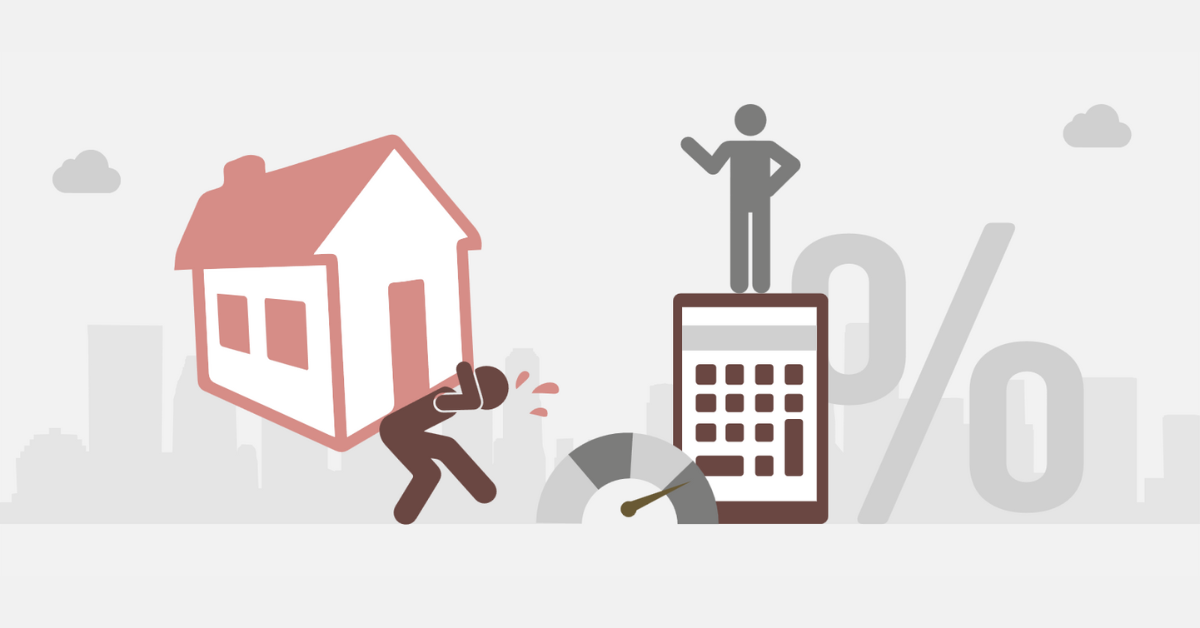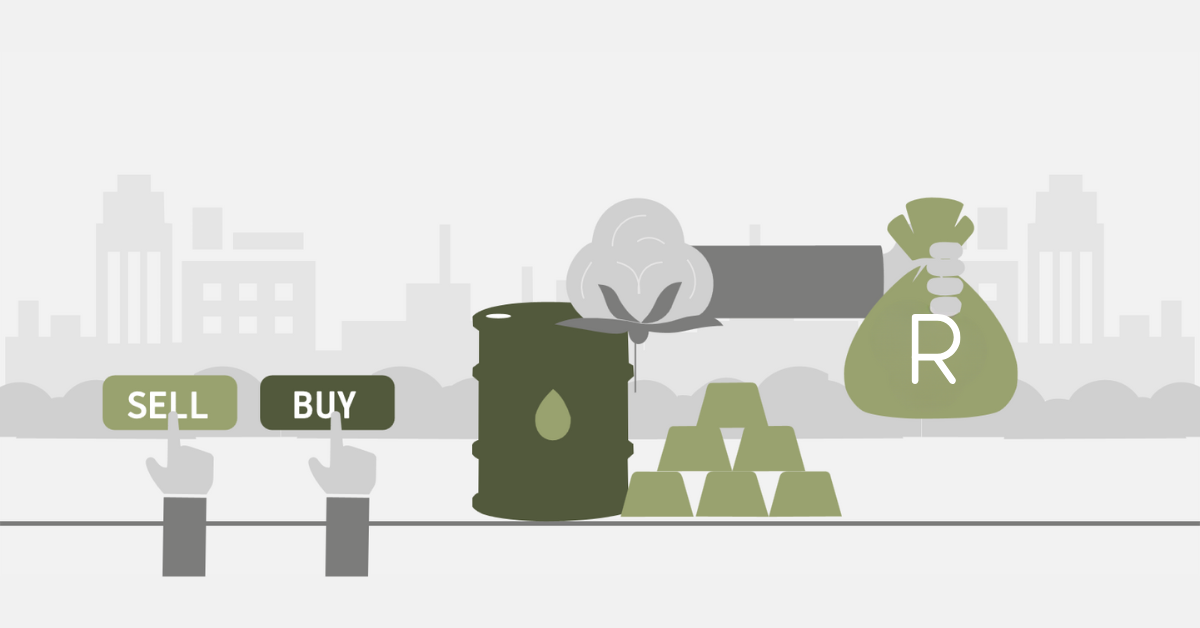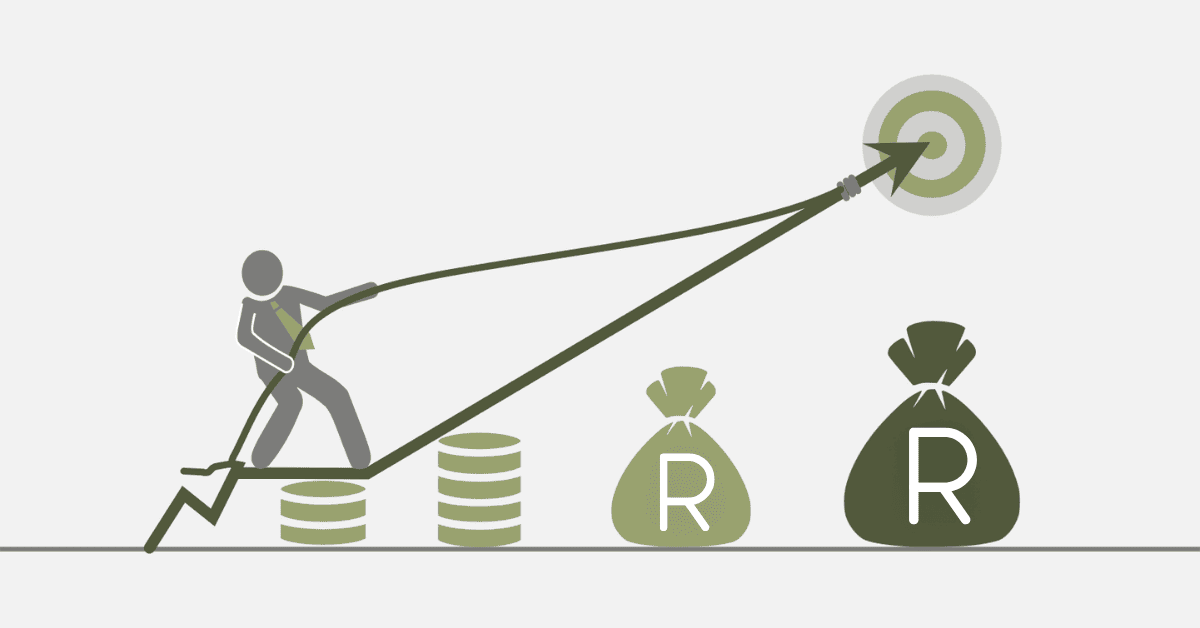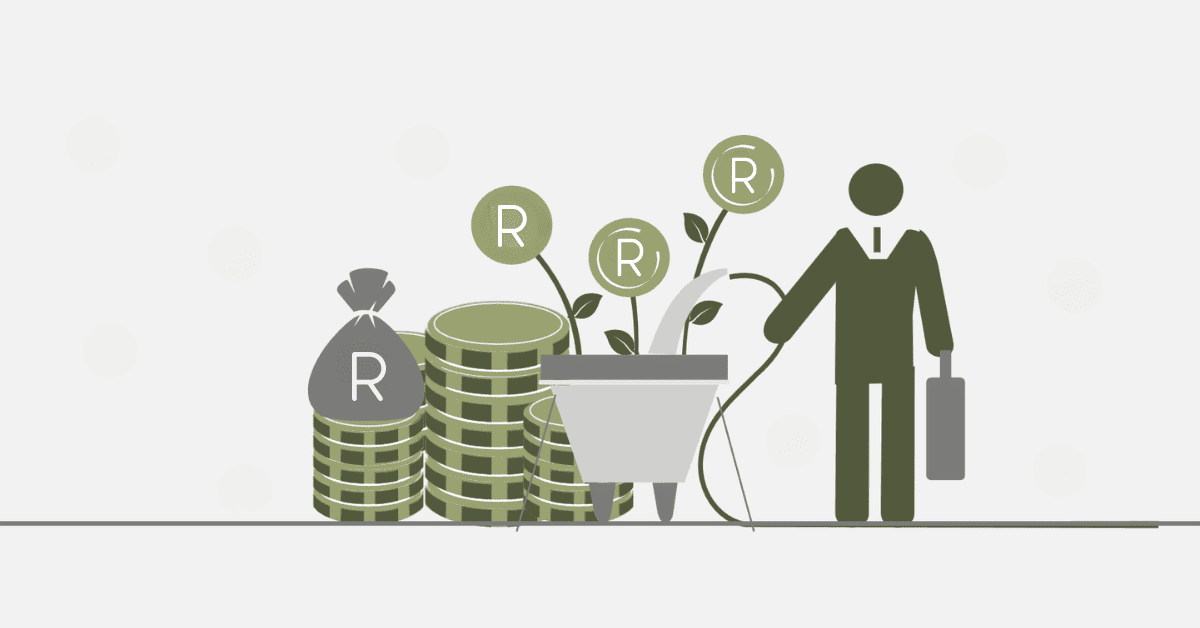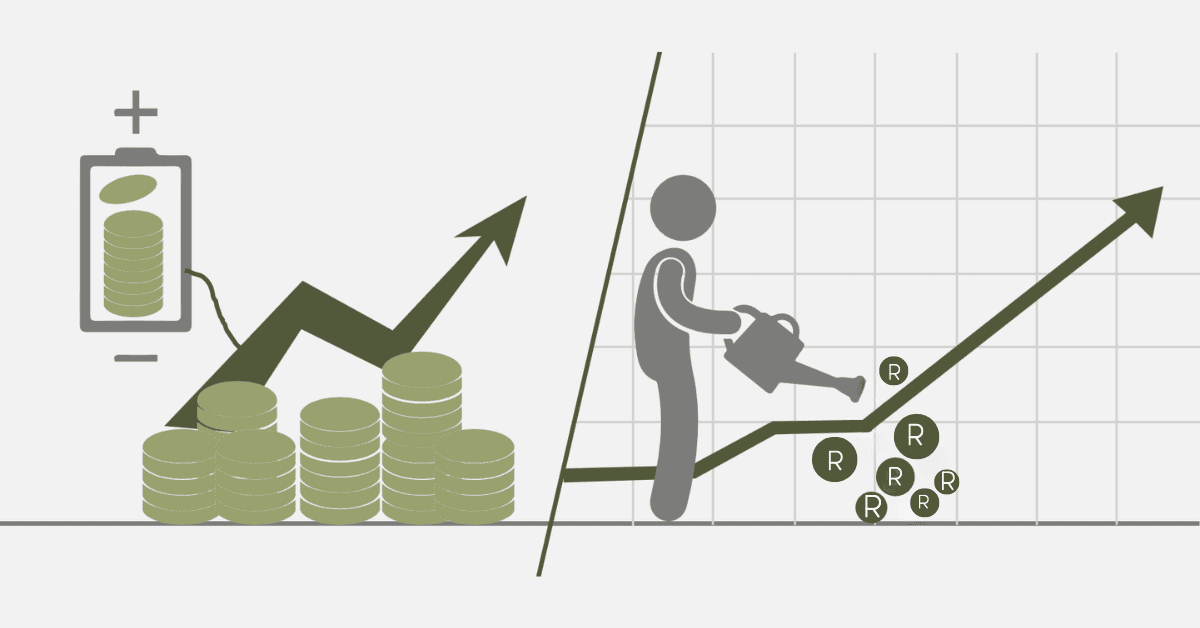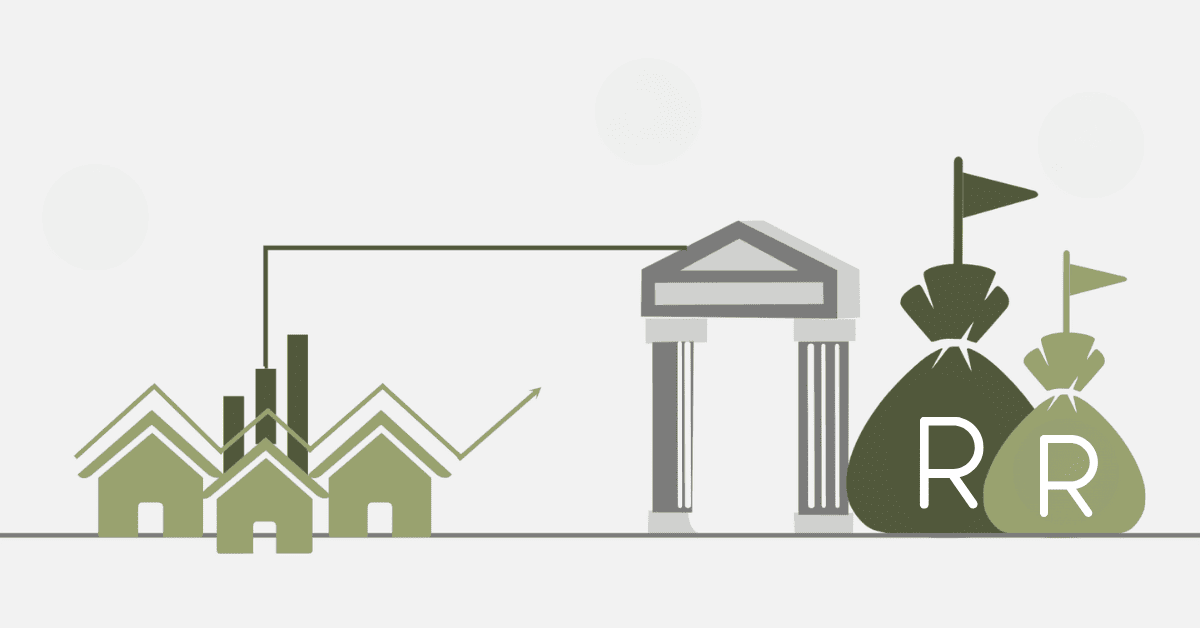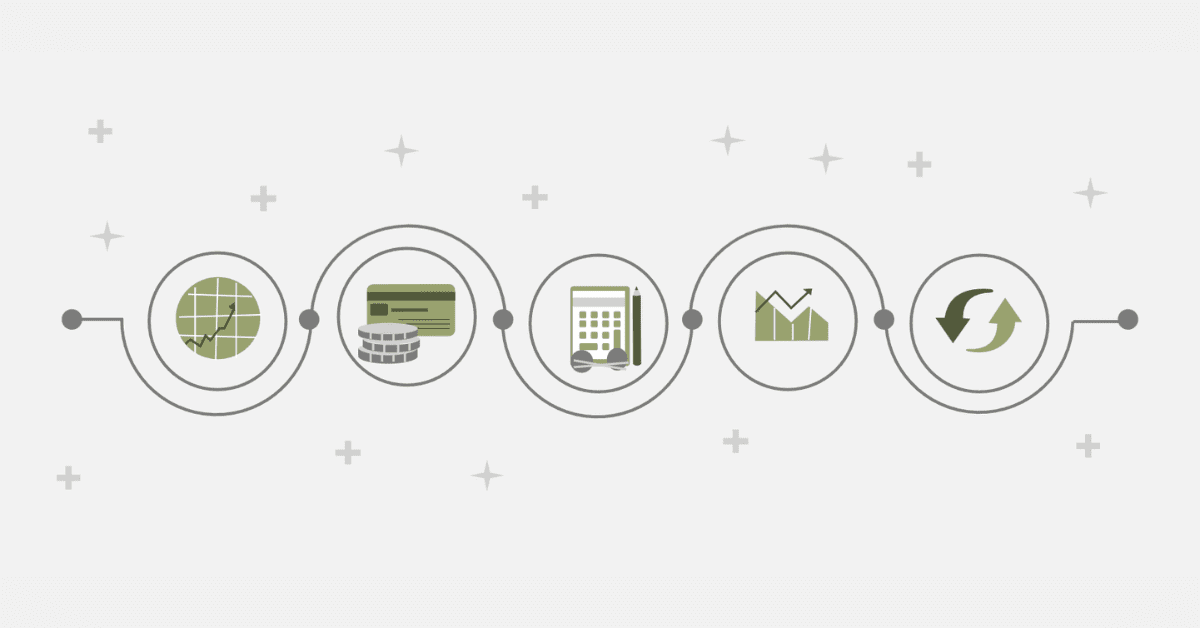Investing in futures has been a significant aspect of South African finance. Both big and small investors are offered methods of hedging against risk and speculating on underlying instruments using futures investing. The futures contract is a financial contract that binds the buyer to buy or the seller to sell an asset on a particular date in the future and at a specific price. The mechanism presents a formalized method of managing price variability on goods, cash, and financial indicators. This trading is high profile in SA, with institutions, e.g., JSE, providing an open and regulated marketplace to execute these ventures.
Can I Trade Futures in SA?
Yes, trading futures is easy in South Africa and is regulated, providing opportunities for investors to enter this dynamic market. The Johannesburg Stock Exchange (JSE) is the leading trading place for futures. The JSE offers derivative products that are stock-based, commodity-based, and cash-based. Investors can engage in standardized futures contracts and enjoy an open and secure marketplace in the derivatives market of the JSE.
Individuals and institutions need to use approved brokers to trade futures, and the brokers execute the trades and follow the rules. This highly regulated strategy provides the players with the supervision and guidance that they need to build trust in the stability of the South African futures market.
Which Broker Allows Me to Trade Futures?
Choosing the appropriate broker is an important decision every would-be trader considering trading futures in South Africa should make. Many brokers are active in South Africa and provide futures trading platforms. Below is a sample of some of the top-rated brokers that are accepting South African traders:
- Optimus Futures: It’s popularly recognized for charging low trading commissions and quality research tools. The company prides itself on having a powerful trading platform perfect for beginners and professional traders. Their support is also commendable in attending to the needs of the traders as soon as possible.
- Interactive Brokers: This broker is best known for having very low costs and a wide range of products. Interactive Brokers is the top choice for most futures traders due to its robust research tools and international scope.
- AMP Futures: It has low trading fees and comprehensive learning resources. They support traders who want to pay less and learn more. Their trading platform is versatile enough to support trading strategies. MEXEM is favoured with its low ETF and stock fees. It offers access to numerous financial products. They are experts at research tools that support informed trading decisions.
- Webull: With commission-free stock and ETF trading, cost-conscious traders will appreciate it. Additionally, it pays high interest on uninvested cash and is convenient to use with its minimalist interface. AvaTrade is reputed to have large trading platforms and educational resources. It does support futures trading along with other instruments. Their educational approach to clients makes it a good choice for new traders.
- TradeStation: TradeStation offers advanced trading software and customizable platforms to support traders who need advanced features. Their fees are reasonable, which makes active traders want to join them.
- Tickmill: It offers low trading commission fees and high execution speeds. It is also a trusted trading platform to use when trading futures. It focuses on being open and catering to the needs of clients. As a result, this has given them a good reputation.
- Sw issquote: It’s among the most popular brokers in the world. It offers a secure trading environment and exposure to various markets. Its powerful research tools and educational resources facilitate traders’ investing process.
- CapTrader: CapTrader offers exposure to world markets and types of financial instruments. It is intended to serve traders who want to diversify their portfolios. Their system is designed to be complete and easy to use.
How Much Do You Need to Invest in Futures?
Capital to trade futures in South Africa is determined by various factors, including the nature of the futures contract, the broker’s margin levels, and the investor’s trading strategy. Futures trading is founded on the application of the margining system. This means that the traders only pay part of the overall contract amount, the initial margin. This leverage enables the traders to achieve more exposure with less cash but at the expense of higher risks.
An illustration is that the R100,000 futures contract would need an initial margin of 10%; therefore, the deposit of R10,000 must be made. Note that the margin calls will change with the degree to which the market goes up and down and following the risk associated with the asset.
The brokers also have their minimum deposits that amount to a couple of thousand rands or even more depending on the service and platforms offered. Potential traders should take the initiative to learn and discuss with their broker to understand the necessary finances. This will help them to remain within their investment goal and risk tolerance.
Can a Beginner Trade Futures?
Futures trading provides many opportunities to make profits but is fraught with enormous risks. Thus, beginners need to exercise caution when embarking on it. In South Africa, prospective futures traders ought to put learning first. They should learn the dynamics of the market, trading strategies, and risk management.
Learning aids from most brokers include webinars, tutorials, and demo accounts. These help beginners practice without risking real funds. Beginners should make it their point to have a trading strategy, set realistic targets, and apply risk management tools. For instance, they can use stop-loss orders to manage potential losses.
Trading with the support of a broker who offers quality assistance and educational resources is vital. This can improve the experience of a novice futures trader. It helps to lay the foundation for making wise decisions and long-term success.
Does MT4 Trade Futures?
MetaTrader 4 (MT4) is a widely used trading platform that is highly rated because of its simplicity and superior charting features. MT4 is best identified with forex trading but can be used to trade futures based on the offered broker. South African brokers have incorporated future instruments into their MT4 platforms to make it easy for traders to access the futures market.
Traders should, however, ask their broker if they offer futures trading on MT4 because features may not be the same. Additionally, traders should ensure they have real-time data and the relevant contract information to trade futures on MT4. The use of analysis tools and the editable nature of MT4 will make the process of trading futures easier because traders will have the tools to oversee the process of trading futures.
Final Thoughts
Investment in futures in South Africa offers many avenues to hedge risk and diversify investment. As with any venture involving money, it is highly essential to understand the instruments, the market, and the risks. Good brokers to deal with, effective trading platforms, and continuous learning are the secrets to success in futures trading. As exemplified by institutions such as the JSE, South Africa’s structured finance environment is the right place for novice and experienced traders to experiment with future investments.
